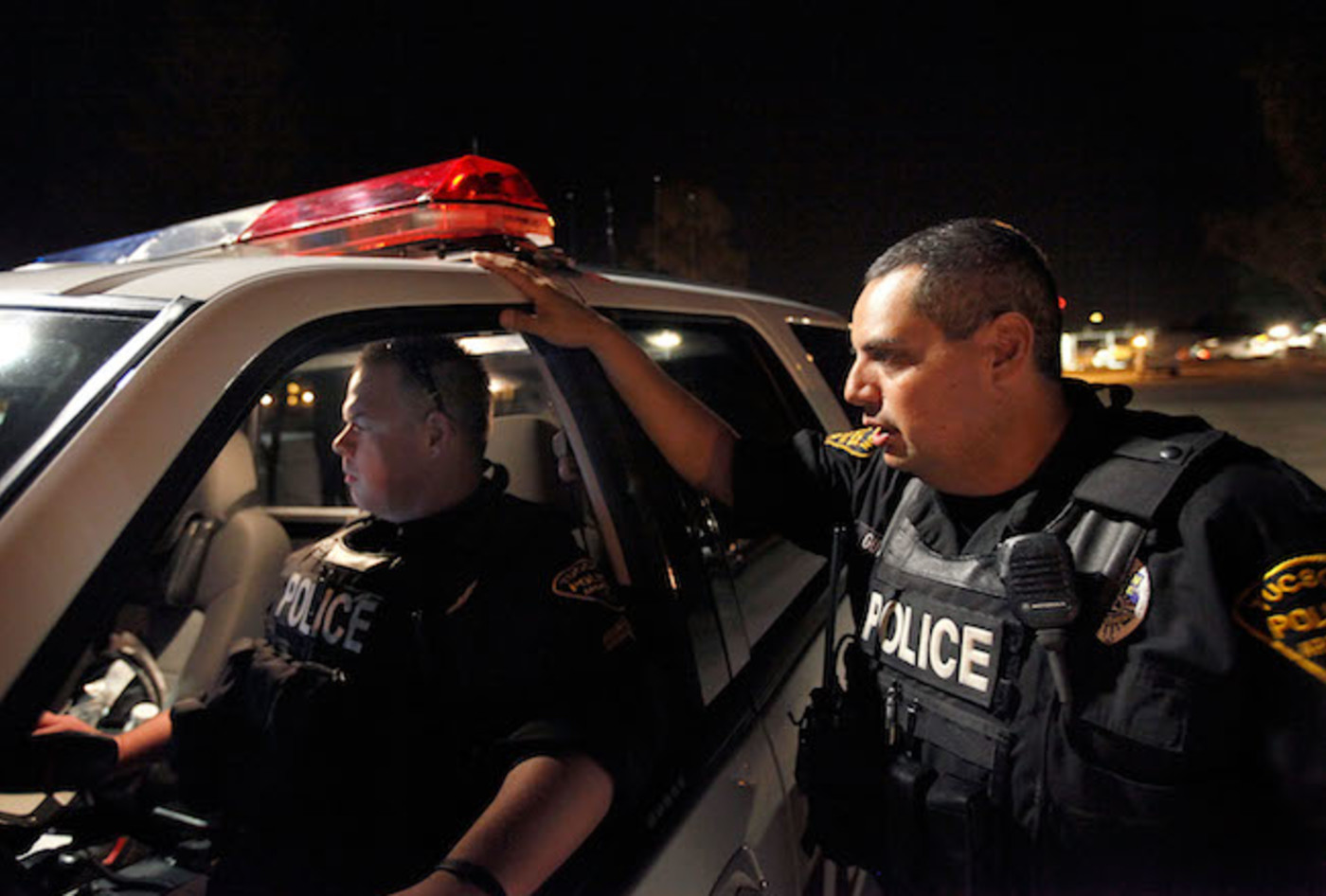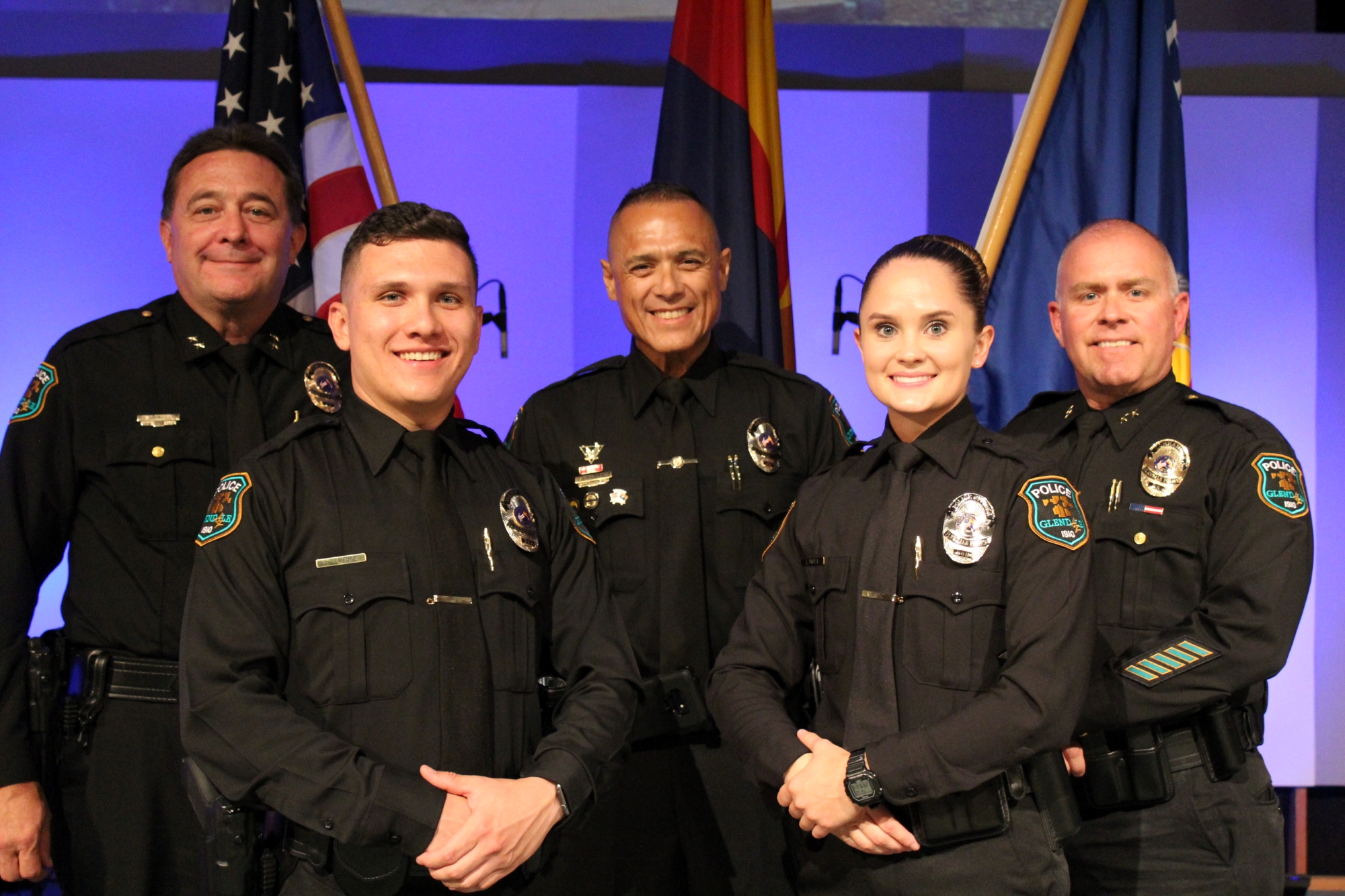Navigating Workers’ Compensation in Law Enforcement


In a law enforcement career, it’s not a matter of if you’ll be injured on the job—but when. Whether it’s a minor bruise during an arrest, back pain from a patrol vehicle collision, or—as in my case—a dislocated shoulder and torn labrum, injuries are a reality of the profession.
Here’s what you need to know if it happens to you.
📋 Report the Injury Immediately
Every employer has policies and procedures for handling on-duty injuries. These may vary slightly, but the most important step is to report the injury right away.
Your employer should provide a form to document the incident. While there’s no legal deadline to report an injury, delays can harm your claim and create complications down the line.
🏥 Get Medical Treatment ASAP
If your injury requires treatment, seek it immediately. Most public safety agencies have a list of preferred providers for workers’ compensation.
After your initial visit, you typically have the right to choose your own doctor—as long as they accept workers’ comp insurance. Make sure every provider you see completes any required paperwork for your employer. Missing forms are one of the most common mistakes we see.
⏱️ What Happens After Filing a Claim
Once your claim is submitted, the employer (or their insurer) has 21 days to either accept or deny it.
-
- Accepted: You’ll receive medical benefits and potentially wage loss benefits if you’re off work or on limited duty.
- IME (Independent Medical Exam): These are fairly routine and not an indication of suspicion of untruthful claims, but a fiscal response to claims requiring advanced treatment.
- Denied: You can request a hearing—but you must do so within 90 days of receiving the denial notice.
- Accepted: You’ll receive medical benefits and potentially wage loss benefits if you’re off work or on limited duty.
💼 Light Duty May Be Offered
During recovery, your employer may offer a light duty or modified role. If you refuse a suitable assignment, you risk losing benefits—so always consult your rep or legal counsel before declining modified work.
🧭 You’re Not Alone
The workers’ comp process can be confusing, but you’re not on your own. In Mesa, we have an MPA board liaison available to assist you throughout the process.
We also work with Napier, Baillie, Wilson, Bacon & Tallone, P.C., a law firm trusted by APA members across Arizona to handle workers’ comp and employment-related legal matters.
🔚 Final Reminder
If you get injured, act quickly:
✅ Report it
✅ Get treated
✅ File your claim
✅ Follow up




